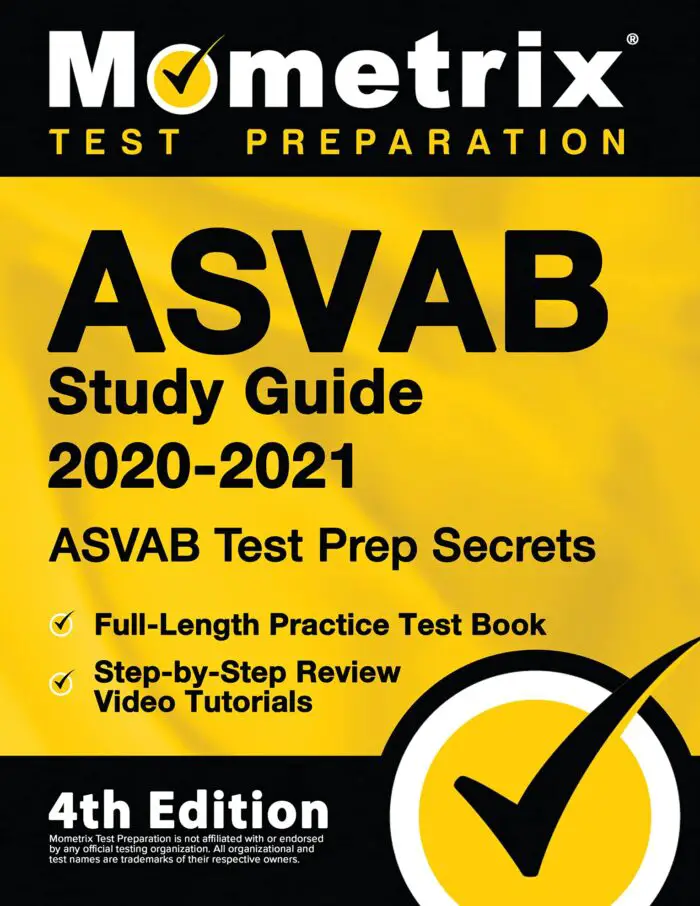Is The GMAT An IQ Test? Yes, It Is a Crystalized IQ Test!
If you have been following the recent news, you might have seen that the Graduate Management Admission Council (GMAC) has announced some changes to the GMAT exam. These changes are designed to make the test even more predictive of success in business school and in a career in business. In this blog post, I will answer the question of is the GMAT an IQ Test? And will look to convince you of why it absolutely is one!
But what does this mean for the GMAT? Is it now an IQ test?
The short answer is yes, the GMAT is now an IQ test. But it’s not just any old IQ test. It’s a “crystalized” IQ test.
What does that mean? It means that the GMAT measures your ability to use your knowledge and skills to solve problems. It’s not just a measure of how much you know. It’s a measure of how well you can apply what you know.
 This is a important distinction. The GMAT is not just a test of your knowledge. It’s a test of your ability to use that knowledge to solve problems. And that’s what makes it an IQ test.
This is a important distinction. The GMAT is not just a test of your knowledge. It’s a test of your ability to use that knowledge to solve problems. And that’s what makes it an IQ test.
So, if you’re preparing for the GMAT, don’t just focus on memorizing facts and figures. Focus on honing your problem-solving skills. That’s what will really help you succeed on the test – and in business school and beyond.
What Concepts are On the GMAT Exam?
The GMAT exam covers a wide range of topics. Here is a brief overview of some of the concepts that you’ll need to know for the test:
1) Arithmetic: This section will test your knowledge of basic arithmetic, including addition, subtraction, multiplication, and division. You will also be tested on concepts such as fractions, decimals, and percents.
2) Algebra: This section will test your knowledge of basic algebra, including solving equations and graphing linear equations. You will also be tested on concepts such as square roots and absolute values.
3) Geometry: This section will test your knowledge of basic geometry, including points, lines, angles, triangles, quadrilaterals, and circles. You will also be tested on concepts such as perimeter, area, and volume.
4) Data Analysis: This section will test your ability to analyze data using charts and graphs. You will be asked to interpret information and make recommendations based on what you see.
5) Reading Comprehension: This section will test your ability to read and understand short passages of text. You will be asked questions about the main idea, supporting details, and implications of the passages.
6) Critical Reasoning: This section will test your ability to analyze arguments and make sound decisions. You will be asked to identify flaws in reasoning, evaluate evidence, and draw conclusions based on the information given.
7) Writing: This section will test your ability to write coherent and well-organized essays. You will be asked to develop an argument and support it with evidence.
As you can see, the GMAT covers a wide range of topics. To succeed on the exam, you’ll need to have a strong understanding of all of these concepts.
How Can I Prepare for the GMAT Exam?
If you’re planning to take the GMAT exam, it’s important to start preparing early. The best way to prepare for the exam is to take practice tests and review the material covered on the test.
There are a number of resources available to help you prepare for the GMAT exam. Here are just a few:
1) The Official Guide for GMAT Review: This book is published by the Graduate Management Admission Council, the organization that administers the GMAT exam. It contains over 900 practice questions, as well as explanations of all the concepts tested on the exam.
2) Kaplan Test Prep: Kaplan offers a variety of prep courses and materials to help you prepare for the GMAT exam. Their course includes over 80 hours of live instruction, as well as 12 full-length practice tests.
3) Manhattan Prep: Manhattan Prep offers a variety of prep courses and materials to help you prepare for the GMAT exam. Their course includes over 100 hours of live instruction, as well as 8 full-length practice tests.
4) Princeton Review: Princeton Review offers a variety of prep courses and materials to help you prepare for the GMAT exam. Their course includes over 50 hours of live instruction, as well as 10 full-length practice tests.
5) Magoosh: Magoosh is an online prep course that offers video lessons and practice questions to help you prepare for the GMAT exam. Their course includes over 500 video lessons, as well as 1,200 practice questions.
These are just a few of the resources available to help you prepare for the GMAT exam. There are many others out there, so be sure to do your research and choose the one that’s right for you.
What Is the Format of the GMAT Exam?
The GMAT exam is divided into four sections: Verbal, Quantitative, Integrated Reasoning, and Analytical Writing.
1) Verbal: The Verbal section of the GMAT exam consists of 41 multiple-choice questions that test your ability to read and understand written English. You will have 75 minutes to complete this section.
2) Quantitative: The Quantitative section of the GMAT exam consists of 37 multiple-choice questions that test your knowledge of math and data interpretation. You will have 75 minutes to complete this section.
3) Integrated Reasoning: The Integrated Reasoning section of the GMAT exam consists of 12 multiple-choice questions that test your ability to analyze data from multiple sources.
Final Thoughts On Is The GMAT An IQ Test? In A Sense Yes It Is!
The GMAT is most definitely an IQ test at its core. GMAT, LSAT, SAT, the whole shebang, all of these are essentially just IQ tests at their deepest focal point. Study hard and have a knack for test taking,, and you just might find yourself with one heck of a scholarship for your efforts!
Cheers!
*Inflation Hedging.com
Sources:
https://www.bankrate.com/banking/cds/cd-rates/
https://money.cnn.com/data/markets/
Disclaimer: The opinions and documentation contained within this article and on this blog are the sole property of inflationhedging.com and are not to be copyrighted or reproduced in any manner, else legal action within the rights of the United States legal code could be use to obtain recompense. All articles and blog posts are the sole opinions of the writers of the blog, and are not necessarily in line with what exactly will work for you, you should consult a CPA, Tax Professional, or Financial Professional to determine what exact financial needs are in line with your interests. Also, from time to time, certain links on this website will be used to generate affiliate commissions, in order to support the health and growth of our website, health and business.





[…] Previous How to Schedule The Series 7 Exam? […]
[…] in the show, at least for a time! And so, in this blog post, I will run through why I think Gus Fring is a very well written character, and of why he likely made somewhere in the range of $250,000,000 […]